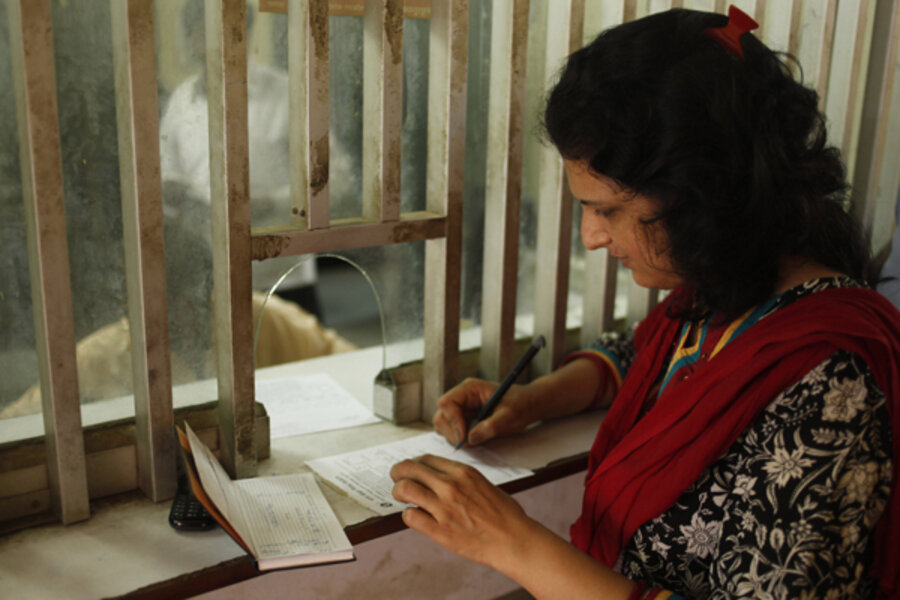India bids farewell to state-run telegram service after 163 years. Stop.
Loading...
It was a scene that India hadn’t witnessed for decades: lines stretching around the block, hundreds deep, of customers waiting to send a telegram.
But as the state-run telecommunications company prepared to shutter its telegram service Sunday, thousands queued up at the country’s 75 telegram offices for a final chance to send one of the old-school missives.
Telegrams in India, as elsewhere, have long been on a backslide into obscurity, crowded out of the market by a flood of digital communications devices. In its last year of life, the state telegram service sent out only about 5,000 messages per day – 1.8 million a year – down from a peak of 60 million in 1985, according to The Christian Science Monitor.
"We were incurring losses of over $23 million a year because SMS and smartphones have rendered this service redundant," Shamim Akhtar, general manager of BSNL's telegram services, told the Monitor.
Still, particularities of Indian culture and history helped the increasingly outdated service cling to life in the country, Time reports.
In India, the telegram has owed its curious resilience to the two distinct advantages it has over rival technologies: it is already there, and it works, bearing messages rapidly across the country in places where telephone or Internet access is either nonexistent or erratic. For these reasons, it has retained a place in the country’s official life. India’s legendarily change-averse bureaucrats still use telegrams out of habit. Lawyers and courts use them to create written records in judicial proceedings. The army uses them occasionally to communicate with troops at remote stations. A handful of private customers use them too.
For 163 years, telegrams ferried some of India’s most important political messages – helping the British squash an anti-colonial uprising in 1857 and carrying the news of Pakistan’s invasion of Kashmir to London in 1947. But they have also been the purveyor of far less historic news. Telegrams historically brought notice of births and deaths to far flung family members, and they are still frequently used by eloping couples to inform their families that they have run away for love.
"They inform their parents that they are married, and fearing violence from the family, inform the police and the National Human Rights Commission," said R.D. Ram, a telegram operator in New Delhi, in an interview with the Monitor.
The demise of India’s state-run service comes seven years after Western Union ended its telegram service in the United States. But even as the telecom giants bow out of telegraphy, a number of private services have stepped in to fill the – admittedly small – gap.
Canadian company International Telegram (iTelegram), which began sending telegrams in the US after the Western Union closure, announced on its website this week that it has begun a private telegram service in India as well.
Bharat Sanchar Nigam Ltd. (BSNL), the Indian state-owned telecommunications company, has decommissioned its telegram services as of July 2013.
Does this mean the end of telegrams in India? Or, as some news outlets have reported, the end of telegrams everywhere? No….Customers wishing to place a telegram order to India, or from India to other countries, can do so through the iTelegram web site. Service is available to over 200 countries. And yes, happily that includes India!
For many Indians, however, the closing of the government telegram service still heralds the end of an era.
"Soon this will all be history,” said one Indian, who stood in line to send a telegram on Sunday, in an interview with CBS News. “Our last telegrams will become collector's items."








